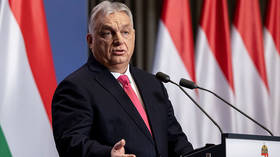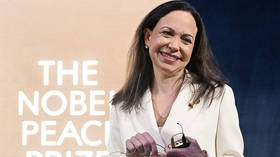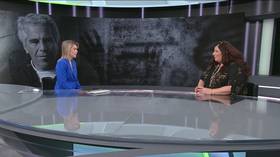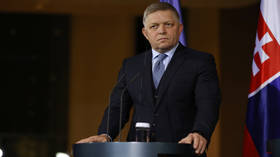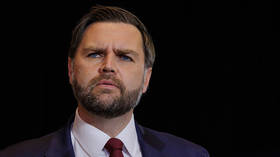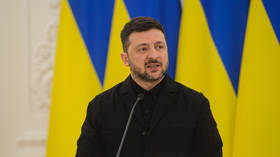US compares anti-Jewish riots to 20th century pogroms
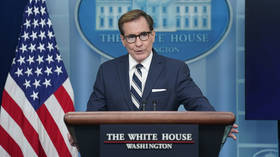
The US State Department and White House have likened Sunday’s anti-Jewish riot in Russia’s southern Republic of Dagestan to 20th century pogroms. American officials also denied Washington’s involvement, after Russian President Vladimir Putin claimed that Western special services were behind the unrest.
Speaking during a press briefing in Washington DC on Monday, State Department spokesperson Matthew Miller said: “I saw the video, as I’m sure all of you did. It looked like a pogrom to me.”
His assessment was echoed the same day by John Kirby, coordinator for strategic communications at the National Security Council in the White House.
“Some people have compared it to the pogroms of the late 19th and early 20th century, and I think that’s probably an apt description,” he stated.
Kirby went on to allege, falsely, that the Kremlin had failed to condemn the Makhachkala riot.
Commenting on Russian officials claims’ that the events in Dagestan had been instigated by external actors, Kirby described the statements as “classic Russian rhetoric.”
“When something goes like bad in your country, just blame somebody else, blame it on outside influences,” the US official said, insisting that the “West had nothing to do with this.”
Moscow's ambassador to the US, Anatoly Antonov, told Russian media that the Biden administration’s “caustic reaction” illustrates its attempts to destabilize the “ethno-religious unity of the Russian Federation.” The diplomat went on to suggest that the US leadership was left disappointed by the fact that Russian authorities had managed to swiftly quell “destabilization risks instigated from abroad.”
Antonov stressed that attempts to sow discord within Russian society were doomed to failure.
Addressing the Russian leadership on Monday, President Vladimir Putin said that the “events in Makhachkala were incited through social networks, including from the territory of Ukraine, by agents of Western special services.”
He went on to condemn Israel’s actions in Gaza as unjustifiable “collective punishment” of civilians, blaming the “ruling elite of the US and its satellites” for the latest flare-up.
Sunday’s unrest saw at least 150 people, some of whom were holding Palestinian flags and shouting “Allahu Akbar,” storm Makhachkala Airport and its runways in search of Israeli nationals arriving in the capital of the Muslim-majority Republic of Dagestan.
Russian authorities claim the violence was instigated by false information that was spread on what they described as a Ukraine-linked Telegram channel. Telegram has already blocked the channel named “Utro Dagestan” (Dagestan Morning) for inciting hatred.





